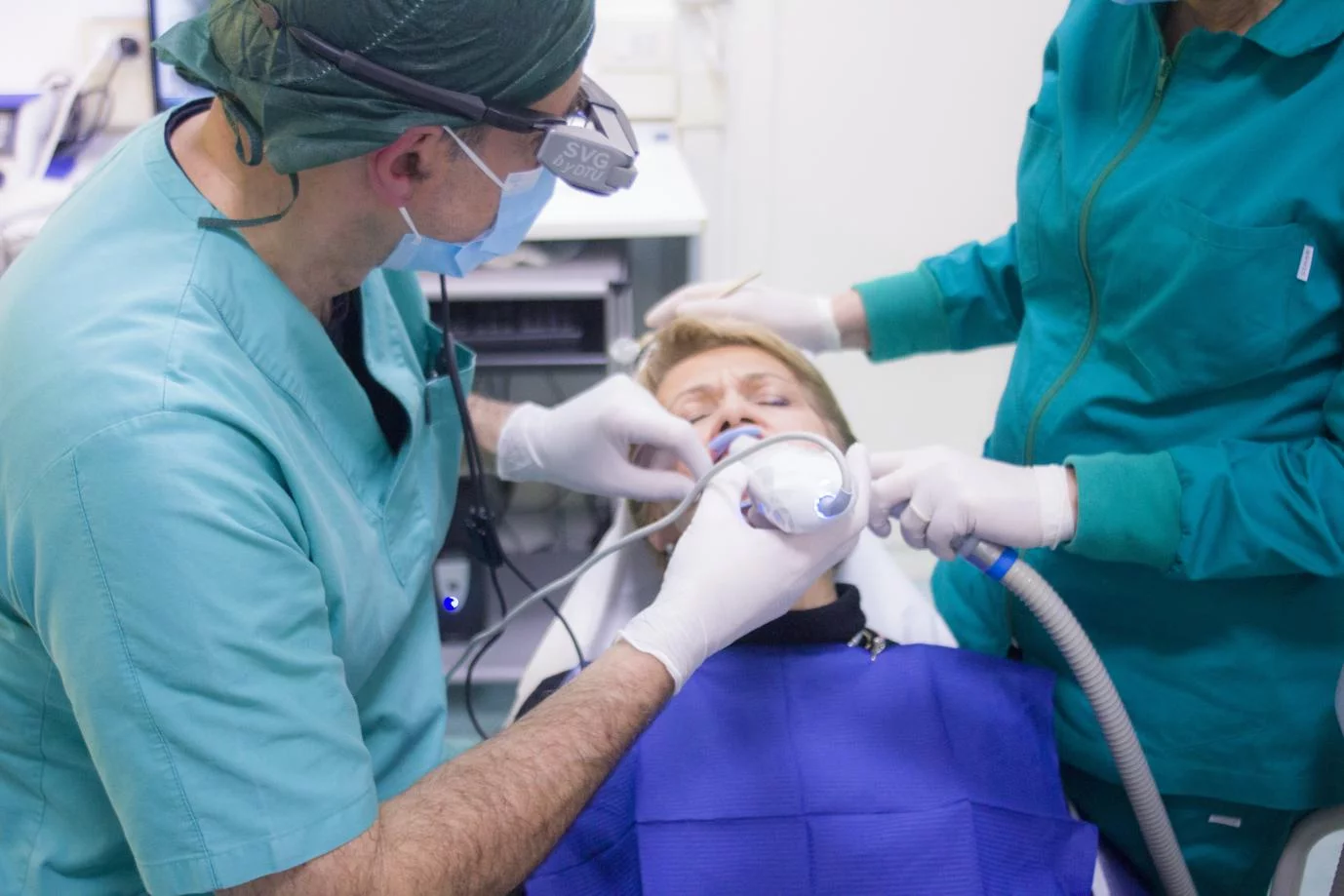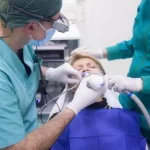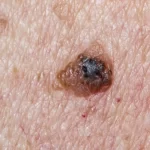Just as online gaming providers offer a wide array of games to meet diverse player preferences, the world of acne treatments is vast and varied, with numerous solutions to cater to different skin types and acne severities. In this article, we delve into the intricacies of acne, exploring its causes, types, preventive measures, and treatments, and finally, the impact of acne on mental health.
The Game of Acne: Causes and Trigger Factors
Acne is much like a game at online casinos in canada, where multiple factors can influence the outcome. Similarly, various triggers can result in acne, such as hormonal changes, stress, diet, and certain medications. It’s essential to understand these triggers to manage acne effectively.
Hormonal fluctuations, particularly during adolescence and periods, can increase sebum production, leading to acne. Stress doesn’t directly cause acne but can exacerbate it. Certain foods high in sugars and fats can also trigger acne in some individuals. Recognizing these triggers can guide acne management and prevention strategies.
Different Types of Acne
Acne can manifest in various forms, including whiteheads, blackheads, papules, pustules, nodules, and cysts. Each type corresponds to a different severity level and requires a specific treatment approach.
Whiteheads and blackheads are non-inflammatory acne, usually mild and treatable with over-the-counter products. Papules and pustules are moderately severe, characterized by red, inflamed bumps that may contain pus. Nodules and cysts are the most severe forms of acne, often requiring medical intervention.
Preventive Measures and Daily Skincare
Prevention is a critical component of acne management. Adopting a consistent skincare routine can significantly reduce acne incidence. This includes cleansing the face twice daily, using non-comedogenic products, and regularly exfoliating to remove dead skin cells.
Further, it’s essential to avoid picking or squeezing acne, which can lead to scarring and infection. Using oil-free makeup and sunscreens and removing makeup before bed can also prevent acne. A balanced diet, regular exercise, and adequate sleep can contribute to overall skin health and acne prevention.
Treatment Options: The Roulette of Acne Management
Navigating acne treatments can feel as complex as choosing where to place your bets in online pokies for real money. The right treatment depends on the acne type, severity, and individual skin type. Over-the-counter products containing benzoyl peroxide or salicylic acid can effectively manage mild acne.
For moderate to severe acne, prescription medications like retinoids, antibiotics, or hormonal therapies may be necessary. In certain cases, procedures such as chemical peels, laser therapy, or light therapy can be beneficial. It’s crucial to consult with a dermatologist to determine the best treatment plan for your specific needs.
The Psychological Impact of Acne
The psychological impact of acne often goes unspoken. Acne can significantly affect an individual’s self-esteem and mental health, leading to anxiety, depression, and social withdrawal. It’s essential to address these psychological aspects alongside physical treatment.
Support from healthcare providers, family, and friends is critical in managing these psychological effects. Mental health professionals can provide coping mechanisms and therapeutic strategies. Online support groups can also offer comfort and reassurance.
Conclusion
From understanding the triggers akin to strategizing at online casinos to exploring treatment options reminiscent of placing bets in online pokers, managing acne is a multifaceted process. It’s not just about treating physical symptoms; it’s also about addressing the psychological impact. With the right knowledge, support, and treatment, acne can be effectively managed, paving the way for healthier, happier skin.







 The Essential Guide to Digestive Enzymes Australia: Boost Your Gut Health
The Essential Guide to Digestive Enzymes Australia: Boost Your Gut Health  Latest Breakthroughs in Acne Treatment
Latest Breakthroughs in Acne Treatment  The Rise of Virtual Fitness Classes
The Rise of Virtual Fitness Classes  Fun and Creative Ways to Stay Active Indoors
Fun and Creative Ways to Stay Active Indoors  Linking Oral Health to Overall Wellbeing
Linking Oral Health to Overall Wellbeing  Can You Exercise While Pregnant?
Can You Exercise While Pregnant?  Is Skin Cancer Curable?
Is Skin Cancer Curable?  How Much Is Dental Bonding?
How Much Is Dental Bonding?  The Rise of Telemedicine and Its Impact on Healthcare
The Rise of Telemedicine and Its Impact on Healthcare 